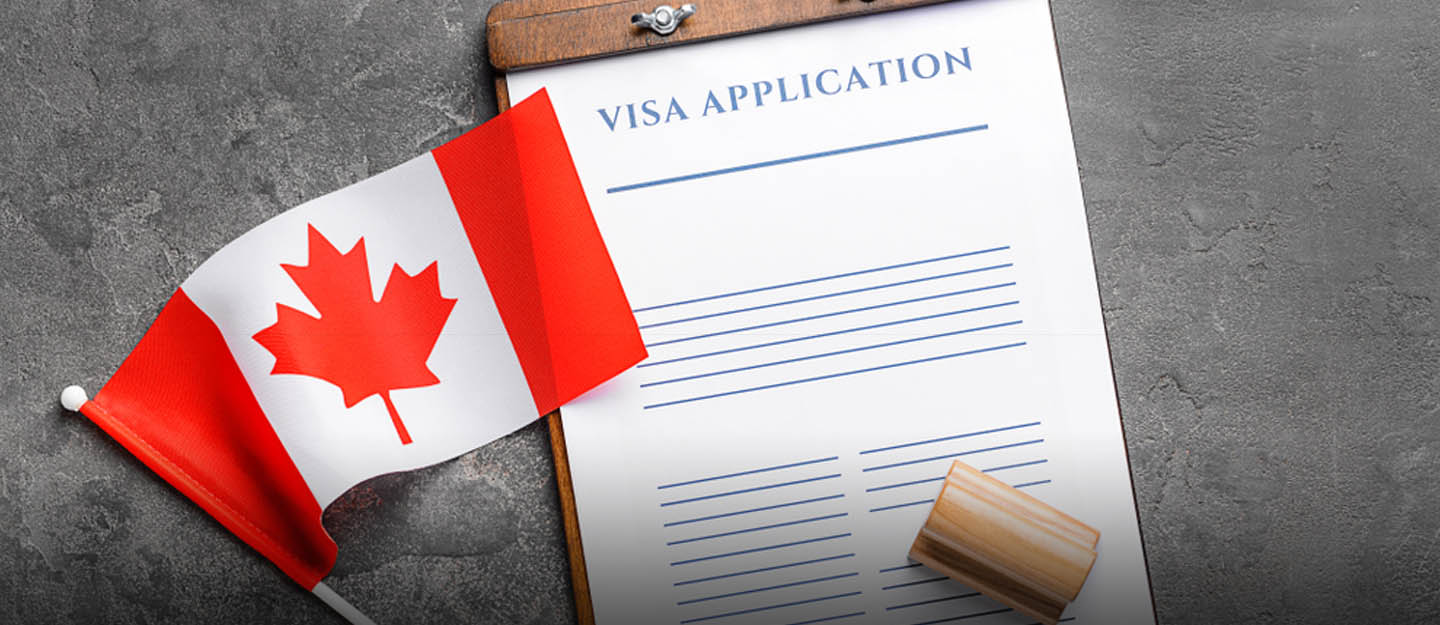Welcome, Iranian wanderers, to a land brimming with ancient secrets and vibrant cultures – India! From the majestic Taj Mahal to the serene backwaters of Kerala, this diverse nation beckons you on an extraordinary journey. But before you embark on this adventure of a lifetime, let us unravel the mysteries surrounding Indian visas for Iranian citizens. Get ready to unlock the wonders of India as we present our comprehensive guide that will make obtaining your visa a breeze. So grab your passport and join us as we delve into the enchanting world that awaits you in Incredible India! INDIAN VISA FOR IRANIAN CITIZENS
What is a Visa?
A visa is a document issued by a foreign country that permits a person to enter that country. The visa allows the bearer to stay in the country for a specific period of time, usually determined by the type of visa. There are different types of visas, depending on the purpose of travel. For example, tourist visas allow tourists to visit a certain country for a specified period of time without having to live there. Employment visas allow workers from abroad to take jobs in another country. Some visas are also valid for students who wish to study in another country.
To obtain a visa, you should first apply online or at a nearby embassy or consulate. Most embassies and consulates accept applications between 8:00am and 11:00pm local time, but some may be open later or earlier. You will need to provide documents that prove your identity, your citizenship and your reason for wanting to visit India. You will also be asked to pay an application fee and provide documentation that proves you have enough money to cover expenses while in India. If you are applying for a student visa, you will also need proof of financial support from your school or sponsor.
If all goes well, you will receive an email notification telling you whether your application has been accepted or rejected. If it is accepted, you will be sent an appointment letter indicating the date and time of your interview at the embassy or consulate. At the interview, you will have to provide more documents and answer more questions about your reasons for
How to Apply for a Visa?
If you are a citizen of Iran and want to visit India, you will first need to obtain a visa. There are many ways to get a visa and this guide will outline the steps you need to take to apply for one.
There are two types of Iranian visas: tourist visas and business visas.
Tourist visas allow citizens of Iran to visit India for tourism purposes only. This type of visa is valid for 30 days and can be extended once. You will need proof of your travel plans and a passport that is valid for at least six months after your planned return date. INDIAN VISA FOR JAMAICAN CITIZENS
Business visas allow citizens of Iran to stay in India for any length of time, as long as they have a valid business reason for being in the country. You will need proof of your business presence in India as well as a letter from your employer stating that you will be working in the country.
To apply for a visa, you first must submit an application form online or at an embassy or consulate in your home country. The application process can vary depending on where you live, so it is important to carefully read the instructions included with the application form you choose to use. After submitting your application, you will need to provide additional documentation, such as letters from your employers, bank statements, and photos documenting your reasons for wanting to visit India. You should also make arrangements for travel insurance if needed. Once all required documentation has been submitted, wait several weeks or months
The Different Types of Indian Visas
There are many types of Indian visas available to Iranian citizens, depending on your purpose of visit and the length of stay. Some common visa types include tourist visas, business visas, student visas, family visas, and work permits.
To get a visa for India, you will need to first apply online at the Indian embassy or consulate in your home country. To qualify for a visa, you will need to provide documentation proving that you have sufficient funds to support yourself while in India and that you will not be a financial burden on the Indian government. You also need to show evidence that you have enough knowledge of Hindi or English and that you are aware of the cultural norms in India.
Once you have submitted your application and received your visa letter (which should include specific instructions about how to obtain a visa waiver if required), you are ready to travel to India. Note that some airports in India do not accept international travelers without a valid visa, so be sure to check before departure. Once in India, be sure to carry your passport with you at all times and keep it up-to-date with any changes – including any expiry dates – as this is required for most types of Indian visas.
Indian Visa Fees
If you are an Iranian citizen and are looking to travel to India, then it is important that you have a valid Indian visa in order to enter the country. Indian visas can be obtained from a number of embassies and consulates around the world. However, the process can be convoluted and expensive, so it is worth considering using a visa agency if possible. Some of the most common Indian visa fees charged by agencies include:
– Visa application fee: This varies depending on the nationality of the applicant, but can generally be around $160 (USD)
– Visa processing fee: This charges will vary depending on the type of visa applied for (e.g. tourist, business), but can be upwards of $60 (USD)
– Travel insurance: Many travellers find it useful to purchase travel insurance before travelling to India in order to cover any potential accidents or medical emergencies. This can cost anywhere from $10-30 (USD) per person
How to Extend Your Indian Visa?
Are you an Iranian citizen wanting to explore the wonders of India? If so, then you’ll need an Indian visa! Here’s everything you need to know about obtaining a visa and how to extend it if necessary.
To get started, you’ll first need to apply for a tourist visa at your nearest Indian consulate or embassy. To do this, you’ll need to provide your passport information, as well as some documentation proving that you’re actually visiting India for tourism purposes.
Once you’ve received your tourist visa, make sure to bring it with you when traveling to India. You will also want to carry a copy of your visa application with you in case you run into any problems while in the country.
If you plan on staying in India for more than 60 days, then you will need to apply for a long-term visa. To do this, simply visit the Indian embassy or consulate where you received your tourist visa and submit the appropriate paperwork. Again, make sure to bring along copies of all of your documents.
If all goes well and your paperwork is approved, then congratulations! You now have an Indian visa that will allow you access to all of the beautiful sights and opportunities that India has to offer. Just be sure to abide by the rules and customs of the country while in possession of your visa – failure to do so could lead to serious consequences.
Useful Links for Iranian Citizens Seeking Indian Visas
Looking to travel to India but unsure of the necessary steps? Fear not, as this article will provide you with a comprehensive guide on how to obtain an Indian visa.
Before getting started, be sure to check the validity of your passport. Indian visas are valid for a stay of three months, six months, or one year, depending on your nationality. Additionally, keep in mind that certain nationalities may require a visa support letter from your home country or consulate.
If you’re applying for an e-visa or business visa online, be sure to print out the application form and complete all required fields. In addition, take along your passport photo and two recent passport-style photos (showing a face full front-view and full-back view). Make copies of all required documents (except for your passport) and store them in a safe place.
Once you’ve gathered all of the necessary paperwork and photographs, it’s time to head over to the Indian embassy or consulate nearest you. Here, you’ll need to submit your application along with payment for processing fees. Make sure to bring photocopies of all required documents as well as identification that includes your photograph (such as a driver’s license). Also note that you must arrive at the embassy or consulate no later than noon if applying for an e-visa. For applications submitted in person, arrival is typically scheduled for 2 p.m..
Once everything is processed and verified, you
For Jamaican Citizens:
For Jamaican citizens, the best way to get an Indian visa is through the Citizenship by Investment Program, which allows wealthy foreigners to purchase Indian citizenship. If you’re not a citizen of India or a citizen of a country that has a treaty with India, you can only apply for an Indian visa if you have an invitation letter from an Indian company or individual.
To get a visa, you’ll need to provide your passport, two passport-sized photos, and proof of financial stability (such as a bank statement). You’ll also need to fill out an application form and pay the appropriate fees. The process can take up to six weeks, but it’s worth it! Once you’ve obtained your visa, make sure to bring everything listed on your visa application with you when you travel – including your passport and two passport-sized photos – so that customs can verify your identity.
If you don’t have an invitation letter from an Indian company or individual, or if you don’t want to go through the Citizenship by Investment Program, there are other ways to get an Indian visa. For example, you can apply online using the e-Visa system or through one of India’s many embassy or consulate offices around the world. Keep in mind that some visas require sponsorship from an Indian company or individual before they can be granted, so make sure to check with your embassy or consulate ahead of time.













